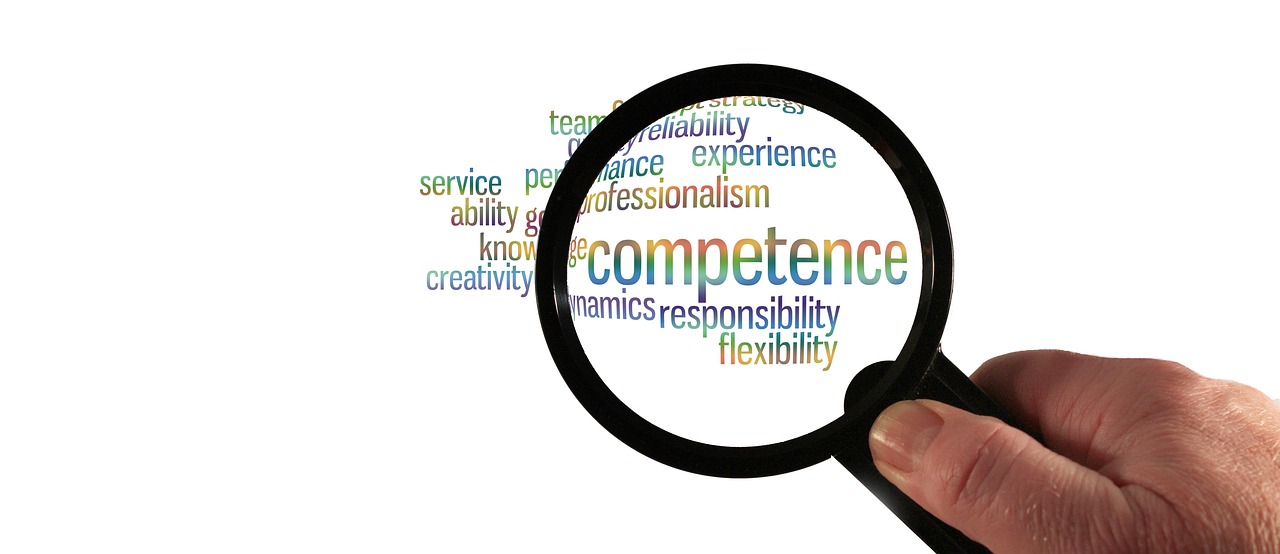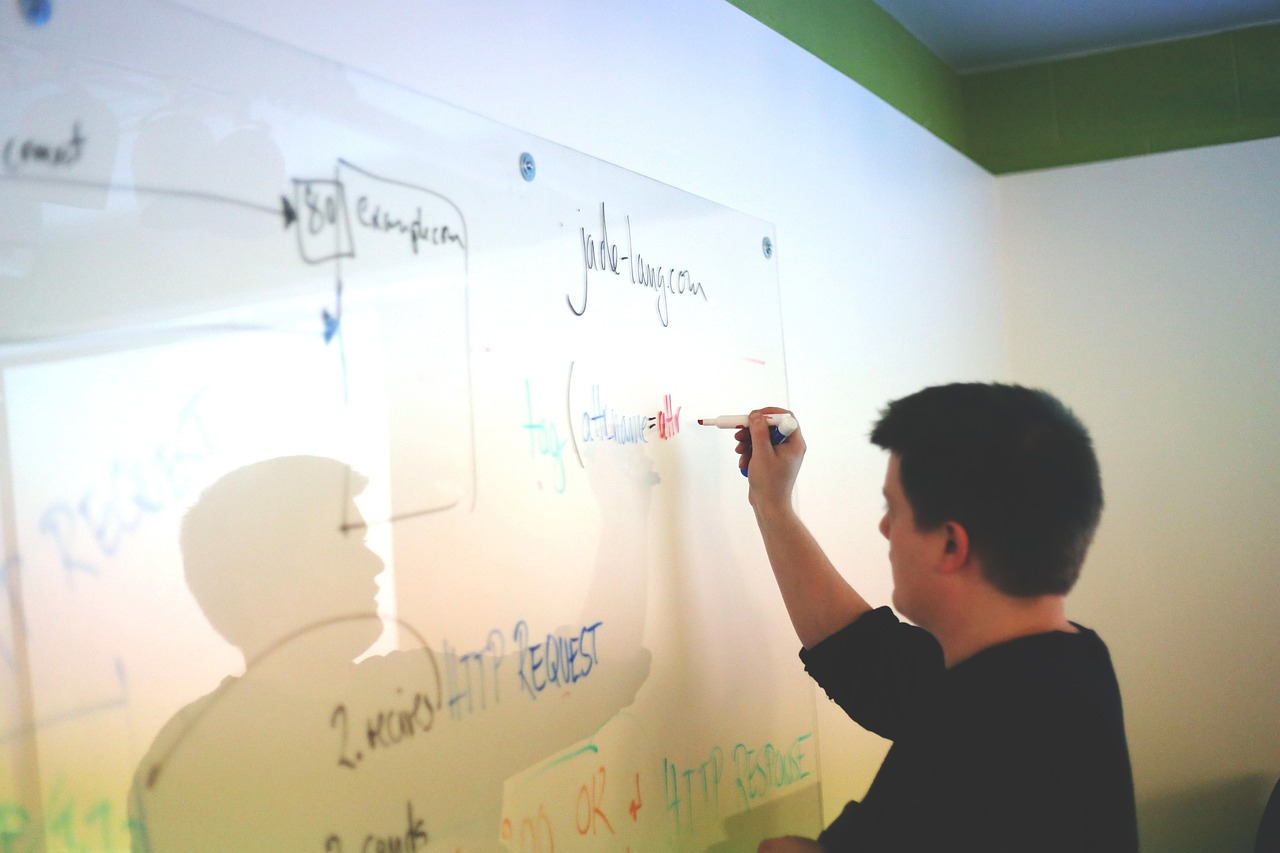Mending with Wisdom:The Art of Experience in English Expression
Introduction
In the vast tapestry of human experience, there is a thread that weaves through the fabric of our lives, connecting us to our past, present, and future. This thread is the wisdom we gain from our experiences, the lessons we learn, and the knowledge we accumulate. But how do we express this concept in English, especially when we want to convey the idea of using our experiences to mend or repair something? The phrase "experience修补" in Chinese can be translated into English in various ways, depending on the context. In this article, we will explore the nuances of this phrase and how to use it effectively in English.
The Concept of "修补" in English
The word "修补" in Chinese can be translated into English as "mend," "repair," "fix," or "patch up." Each of these words carries a slightly different connotation, and the choice of which to use depends on the specific context in which the phrase is being used.
1、Mend: This word is often used to describe the process of repairing something that has been broken or damaged, especially in a way that restores it to its original condition. It can be used in both literal and figurative senses. For example, "mending a broken vase" refers to fixing a physical object, while "mending a broken heart" refers to the emotional process of recovering from a disappointment or loss.
2、Repair: Similar to "mend," "repair" is used to describe the process of fixing something that is broken or not working properly. However, "repair" is often used in a more technical or mechanical context, such as "repairing a car engine" or "repairing a computer."
3、Fix: "Fix" is a versatile word that can be used in both literal and figurative senses. In a literal sense, "fix" can refer to the process of repairing or adjusting something to make it work properly, such as "fixing a leaky faucet." In a figurative sense, "fix" can refer to solving a problem or resolving a situation, such as "fixing a scheduling conflict."
4、Patch up: This phrase is often used to describe the process of making temporary repairs or improvements to something, especially when the repairs are not meant to be permanent or comprehensive. For example, "patching up a hole in a wall" refers to covering the hole with a temporary solution, while "patching up a relationship" refers to making temporary peace with someone after a disagreement.

Using "Experience修补" in English
Now that we have a better understanding of the various ways to translate "修补" into English, we can explore how to use the phrase "experience修补" effectively in English. The phrase can be translated as "mending with experience," "repairing with experience," "fixing with experience," or "patching up with experience," depending on the context. Here are some examples of how to use this phrase in different situations:
1、Personal Growth: In the context of personal growth and self-improvement, "mending with experience" can refer to the process of learning from past mistakes and using that wisdom to make better decisions in the future. For example, "After several failed relationships, she learned to mend her approach to dating with experience."
2、Problem Solving: In a problem-solving context, "fixing with experience" can refer to the ability to apply past knowledge and skills to solve a current issue. For example, "When the company faced a similar crisis in the past, the CEO was able to fix the situation with experience."
3、Skill Development: In the context of skill development, "patching up with experience" can refer to the process of improving one's abilities through practice and trial and error. For example, "As a new chef, he learned to patch up his cooking skills with experience."
4、Emotional Healing: In an emotional context, "repairing with experience" can refer to the process of healing from past traumas or emotional wounds by drawing on past experiences and lessons learned. For example, "After a difficult childhood, she learned to repair her emotional well-being with experience."
The Importance of Experience in Mending and Repairing
Experience is a powerful tool that can help us mend and repair various aspects of our lives. Whether it's fixing a broken object, resolving a conflict, or healing from emotional pain, our experiences can provide valuable insights and wisdom that can guide us in our efforts to make things right. Here are some reasons why experience is so important in the process of mending and repairing:
1、Wisdom from Past Mistakes: Our experiences, especially our mistakes, can teach us valuable lessons that can help us avoid repeating the same errors in the future. By learning from our past, we can make better decisions and take more effective actions to mend and repair our lives.
2、Improved Decision-Making: Experience can help us develop better decision-making skills, as we learn from past successes and failures. This improved decision-making can lead to more effective mending and repairing in various aspects of our lives.
3、Emotional Resilience: Our experiences can help us build emotional resilience, which is the ability to bounce back from setbacks and challenges. This resilience can be crucial in the process of mending and repairing, as it allows us to cope with difficult situations and persevere in our efforts to make things right.
4、Skill Development: As we gain experience in various areas of our lives, we develop new skills and abilities that can help us mend and repair more effectively. For example, experience in communication can help us resolve conflicts more effectively, while experience in problem-solving can help us find innovative solutions to challenges.
5、Perspective and Empathy: Our experiences can also broaden our perspective and increase our empathy for others, which can be valuable in the process of mending and repairing. By understanding the experiences and perspectives of others, we can develop more effective strategies for mending and repairing relationships and situations.
Conclusion
In conclusion, the phrase "experience修补" or "mending with experience" is a powerful concept that highlights the importance of drawing on our past experiences to mend and repair various aspects of our lives. By learning from our past, developing new skills, and building emotional resilience, we can use our experiences to make things right and create a better future for ourselves and those around us. So, the next time you find yourself in a situation that requires mending or repairing, remember the wisdom of your experiences and use it to guide your actions.





